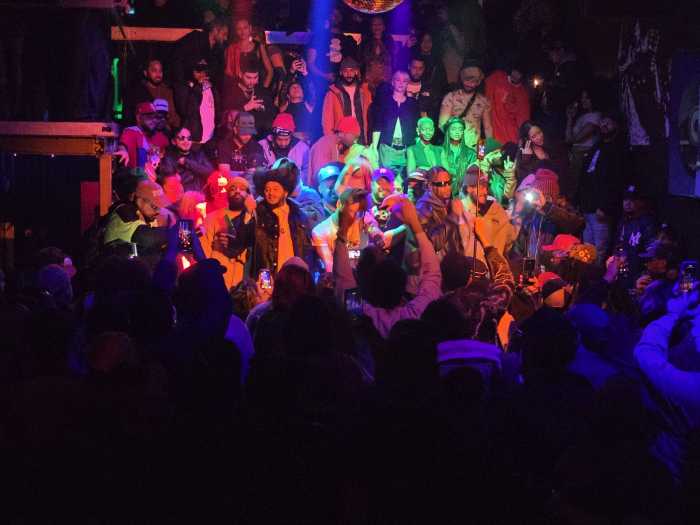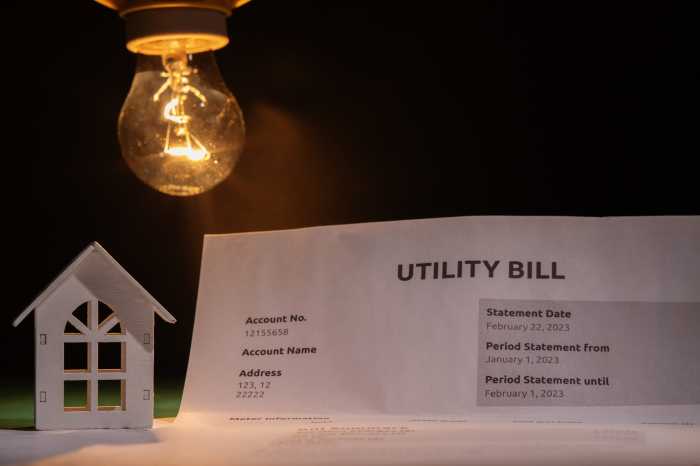BY PAUL SCHINDLER | In his March 18 speech at Philadelphia's National Constitution Center, Senator Barack Obama demonstrated convincingly that his claim to be a leader who can unite America by helping transcend our corrosive politics of division is more than just elegant rhetoric.
After days of escalating pressure to address his relationship with his former Chicago pastor, the Reverend Jeremiah A. Wright, Jr., the Illinois Democrat surmounted a political problem that had him on the defensive by creating a unique teaching moment for the nation about what the famed Swedish economist Gunnar Myrdal 64 years ago termed the “American Dilemma” – black/white relations in the US.
“We have a choice in this country,” Obama said in his speech. “We can accept a politics that breeds division, and conflict, and cynicism. We can tackle race only as spectacle – as we did in the OJ trial – or in the wake of tragedy, as we did in the aftermath of Katrina – or as fodder for the nightly news. We can play Reverend Wright's sermons on every channel, every day and talk about them from now until the election, and make the only question in this campaign whether or not the American people think that I somehow believe or sympathize with his most offensive words.”
Obama incisively spelled out the cost of doing that, of allowing the political status quo to go unchallenged:
“We can do that. But if we do, I can tell you that in the next election, we'll be talking about some other distraction. And then another one. And then another one. And nothing will change. That is one option.”
“Or,” he continued, “at this moment, in this election, we can come together and say, 'Not this time.'”
That argument, of course, is the central premise of his campaign. He presented it urgently this week and with masterful logic, but that message alone was not the remarkable achievement of Obama's speech.
The brilliance of the speech instead was evidenced by the way he leveraged the issue of Wright's comments to examine not only the reality of African-American life, particularly for those of the minister's generation, but also the fears, resentments, and anger that the issue of race has spawned within the nation's white majority.
In doing so, Obama's words were significant not only in what was said, but as well in what was not said.
The senator made no effort to excuse or minimize Wright's most explosive and hurtful rhetoric. To do so, of course, would have been a failure of leadership that would have rendered the speech not only useless, but probably politically fatal. Obama needed to confront the damage Wright's words had done his campaign and the cause of racial comity.
He acknowledged that Wright had used “incendiary language to express views that have the potential not only to widen the racial divide, but views that denigrate both the greatness and the goodness of our nation; that rightly offend white and black alike.” He noted that he had already “condemned, in unequivocal terms” the statements that were the object of fevered YouTube attention for days.
Obama also stated that over the years he had heard Wright make other controversial comments with which he “absolutely” disagreed.
Probably the most estimable thing Obama did in his speech was to not throw Wright under the bus. He did not pretend as though a 20-year relationship in which the minister had been his pastor, the officiant at his wedding, and the baptizer of his children suddenly meant nothing or could be renounced in an act of political expedience.
The pressure to dump Wright outright may have been intense. Weeks before, when Obama “denounced” the words of Minister Louis Farrakhan, a leader of the Chicago-based Nation of Islam, Hillary Clinton tried a game of gotcha, saying she had “rejected” the support of a similarly unacceptable political movement. Obama skillfully parried the challenge with a “denounce and reject” formulation, but an unfortunate template was set.
It is important that political leaders show the spine to speak out in definitive terms against those on their side who voice noxious views worthy of repudiation. But Obama, unique among the three remaining presidential contenders, faces especial pressure from this “denounce and reject” standard.
It should be clear to anybody who has followed Obama since he rose to national prominence in 2004 that neither Farrakhan nor the hyperbole from Wright has anything to do with who the senator is or what his campaign is about. Yet, the nation's fixation with his speech this week as a make-or-break moment for him betrayed an unspoken rule that black Americans have to prove affirmatively that they are not the other, that their anger at three centuries of racism does not make them, overtly or, of greater concern, implicitly, the enemy within.
That unspoken rule is at the core of the “American Dilemma” that Myrdal wrote about so long ago.
If one doubts that Obama is held to a higher or, more accurately, different standard, consider the Reverend John Hagee's February appearance with Senator John McCain, at which the Texas pastor endorsed the Arizona Republican. Widely circulated media reports noted not only Hagee's history of virulently anti-gay and anti-Islamic demagoguery, but also his unstinting condemnations of a far more powerful force in America, the Catholic Church. Still, Mc-Cain said he is “proud” of the endorsement, and the Hagee flap has barely been a ripple compared to the storm over Wright.
But, in spite of the furor over the African-American Chicago pastor, Obama devoted more than 500 words to the other Jeremiah Wright he's known over the years-a former marine, a teacher who introduced him to his Christian faith, a pastor who works to house the homeless, minister to the imprisoned, and reach those living with HIV/ AIDS.
And then Obama achieved a remarkable rhetorical bridge, one with profound meaning:
“I can no more disown him than I can disown the black community. I can no more disown him than I can my white grandmother – a woman who helped raise me, a woman who sacrificed again and again for me, a woman who loves me as much as she loves anything in this world, but a woman who once confessed her fear of black men who passed by her on the street, and who on more than one occasion has uttered racial or ethnic stereotypes that made me cringe.”
And with those words, the Illinois senator set about to talk about both the “shame,” “frustration,” “humiliation,” “anger,” and “bitterness” that African Americans – particularly those who grew up in the 1940s and '50s, as Wright did, or earlier – and the “similar anger,” the feelings of being “anxious,” and the “resentment” felt by working and middle class whites who don't feel “particularly privileged by their race,” have seen their wages stagnate, and are told their children must take a bus to school across town or that they lost a job to an African American advantaged by affirmative action.
Rush Limbaugh immediately declared that Obama had made himself “the candidate of race,” a charge meant to be understood as a disqualifier. Others, less predisposed to condemn the Illinois senator, said one speech would not quell the Wright flap. Still others speculated that perhaps the speech was “too high-minded,” not speaking directly enough to white Reagan Democrats offended by Wright's rhetoric and looking first and foremost for meat and potatoes answers for the economy.
To be sure, this will likely not be Obama's last speech on the challenges of race in the US, and it's also true that he would do well to sharpen considerably his economic message.
But it is cynical to sell the American people short and minimize the potential for voters of many stripes to mine the wisdom in the Illinois senator's words. David Gergen, the adviser to presidents both Democratic and Republican, captured an essential, defining truth about the Philadelphia speech in saying that Obama addressed the American public as “adults.”
Now that's change.












